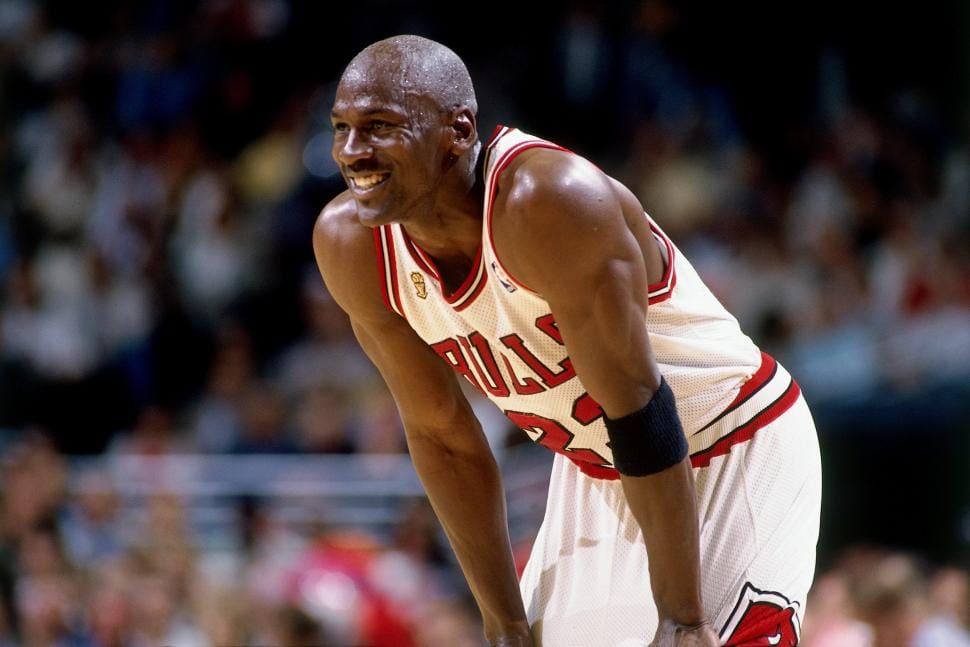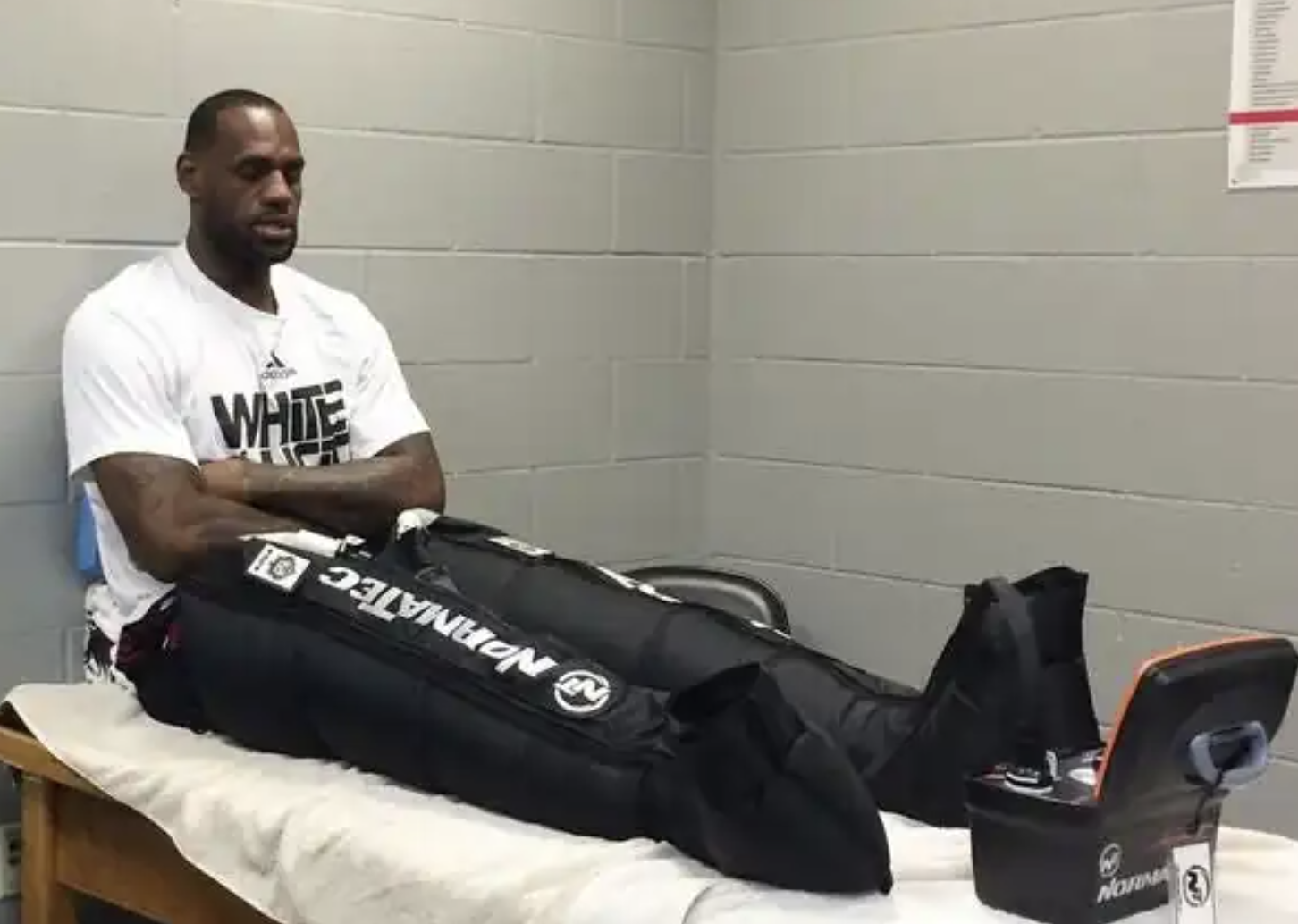Treat yourself like an Athlete.

Athletes don’t automatically make good salespeople, but there are a few traits they bring to the table that make for great prerequisites.
Athletes intuitively understand the concept of intervals of high performance, intervals of intentional preparation for game time, and periods of recovery. At the pro level, the heights of competition, everything is done with intentionality and precision - there is a tracking of inputs (diet, reps, type of strength training, sleep schedule). And that down the most minute details.
In his book winning Tim S. Grover, Michael Jordan's personal trainer during his reign of NBA-domination in the 90s, describes the fanatical search to look for that extra percentage of improvement down to how Michael Jordan would breathe when recovering on the court.

The two realized that instead of putting your arms up when breathing, it was more effective to put your hands on your knees when breathing.
It went against the conventional wisdom at the time - most athletes were told to put their arms up when they had a quick break, but the new stance reduced his heart rate by 22 beats more per minute, which, stretched across an entire season, meant a significant improvement in recovery and performance.
It's this eye for detail that separates high performers from elite performers. An obsessive search for improvement where others can find it.
I love learning about the lifestyles of athletes competing at the highest level. Their discipline and ability to perform under pressure inspire me, and I often draw parallels to my own work in sales.
Like athletes facing crucial moments in a game, we also need to deliver when it matters most—but unlike them, we have no off-season. One quarter rolls into the next without pause, making our job both demanding and relentless. That’s why recovery isn’t just important—it’s essential to our well-being and performance.

LeBron James reportedly spends around $1.5 million per year on his body—covering everything from personal trainers and chefs to cutting-edge recovery technologies. His regimen includes cryotherapy, hyperbaric oxygen chambers, NormaTec compression boots, and regular deep tissue massages.
A good recovery routine does not need a 1.5 million $ Budget - it just involves a more conscious way of winding down. As some one with a very active mind and a job that requires sustained periods of high performance, I cannot afford to have 1-2 weeks, where I'm not present in client calls, distracted or in a mental slump.
To avoid this I try breath-work and meditation in the morning to help me find the mental clarity I need to be able to take the right steps at the right time.
I try to treat my free-time more intentionally - detoxing from the internet, giving the mind more time to unwind, so that when game time arrives, I am there to deliver…
When I have a bad month, I can often link it to bad recovery. It is then linked to what I'm doing during working hours, but even more, how I treat my time off work.
Great recovery = great performance. Sounds so simple, but it take a lot of testing and exploring your own needs to build a routine that works next to all the other obligations we have in our adult lives.